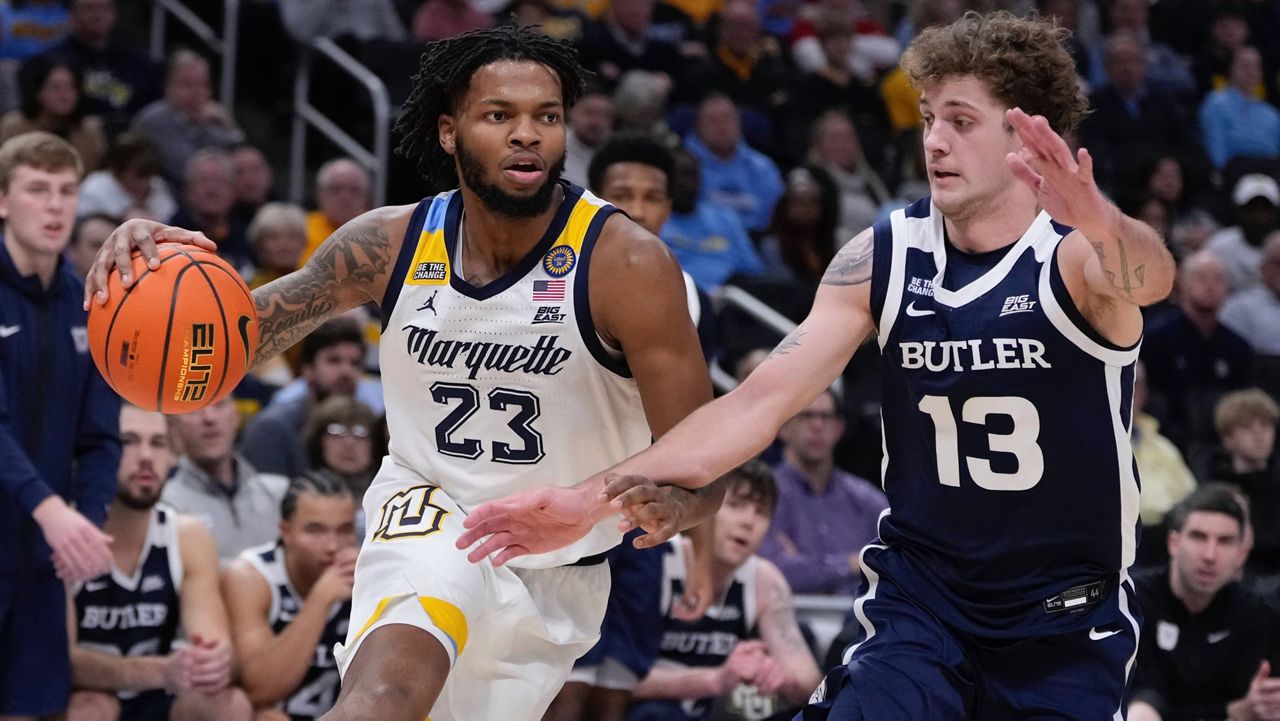Bussiness
Microsoft’s Mustafa Suleyman says Sam Altman’s AGI timeline is plausible — but not probable
- Microsoft AI CEO Mustafa Suleyman predicts AGI is more than two years away.
- His timeline contrasts with Sam Altman, who suggests AGI is achievable “with current hardware.”
- Definitions of AGI vary, with Suleyman emphasizing a broad human-level learning system.
Mustafa Suleyman, Microsoft’s AI CEO, indicated that the timeline of AI advancement will be much longer than Sam Altman has predicted.
During an interview on The Verge’s Decoder, Suleyman gave his take on when artificial general intelligence — AI with human-level proficiency at tasks — will become achievable. In October, Altman, cofounder and CEO of ChatGPT-maker OpenAI, said that AGI is “achievable with current hardware.” He spoke during an ask-me-anything session on Reddit.
Altman didn’t clarify exactly what he meant by “current hardware,” though Decoder host Nilay Patel defined it as within one to two generations of tech.
Suleyman agreed with that timeline but with some hefty caveats. He told Patel that AGI would be more plausible in the next two to five generations.
“I don’t want to say I think it’s a high probability that it’s two years away, but I think within the next five to seven years, since each generation takes 18 to 24 months now,” Suleyman said.
He added that five generations of tech, like new versions of Nvidia’s GB200 chips, could be up to a decade away.
“The uncertainty around this is so high that any categorical declarations just feel sort of ungrounded to me and over the top,” Suley said.
Weeks after his declaration on Reddit, Altman spoke at The New York Times DealBook Summit in early December. He said AGI will come sooner than expected but “will matter much less.”
Suleyman says people have different definitions of AGI. He defines it as “a general-purpose learning system that can perform well across all human-level training environments” — including physical labor.
Meantime, OpenAI’s website defines AGI as “a highly autonomous system that outperforms humans at most economically valuable work.”
“The challenge with AGI is that it’s become so dramatized that we sort of end up not focusing on the specific capabilities of what the system can do,” Suleyman said.
No matter how Altman defines AGI, OpenAI is reportedly working to remove a clause from its contract with Microsoft that’s meant to prevent the misuse of AGI. Still, Suleyman says he’s confident in Microsoft’s multibillion-dollar investment in OpenAI.
“Naturally, in any partnership, there are little tensions here and there, but fundamentally, we will win together,” he told Patel.









